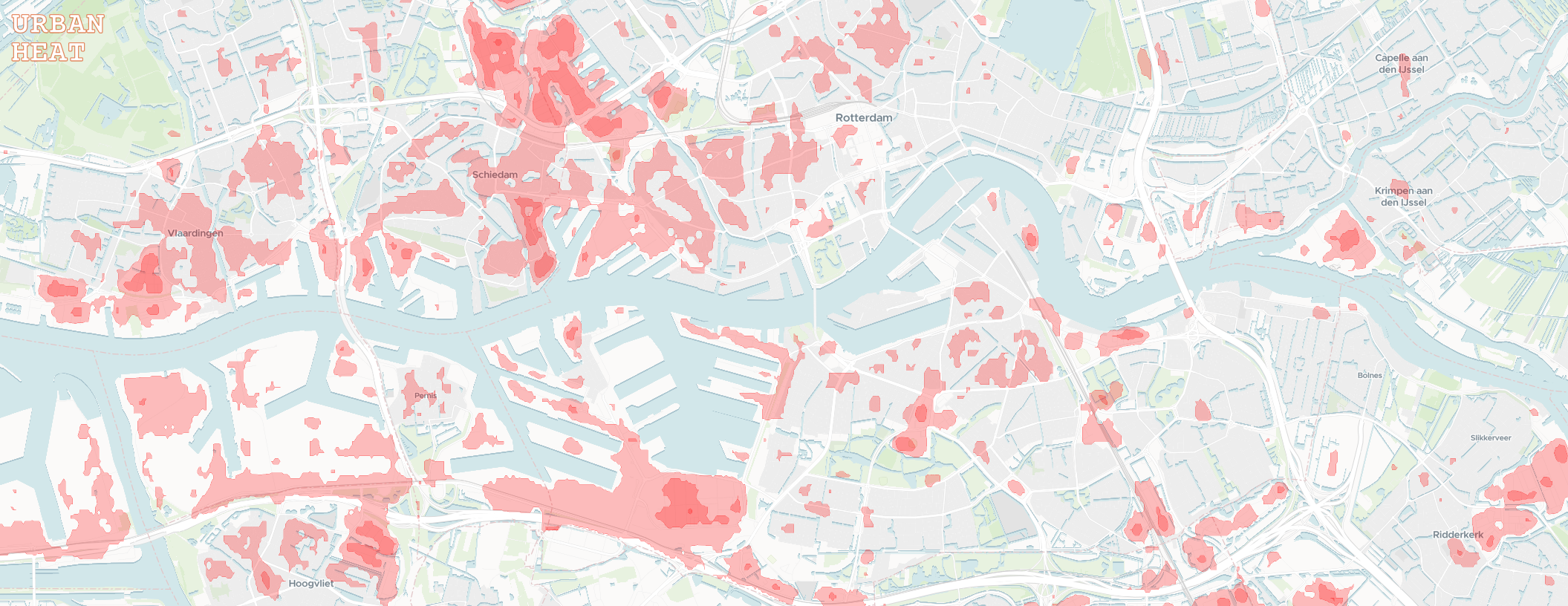GNOME. Love the simplicity!
dallen
Always ran xfce on my old used thinkpads!
I’ve been mostly a poetry guy but have tested out uv a bit lately. Two main advantages I see are being able to install Python (I relied on pyenv before) and it’s waaay faster at solving/installing dependencies.
In VS code these should work through the Remote-Containers flow, just like they do through Remote-SSH.
I have to use macOS at work and I sorely miss the efficiency and simplicity of gnome.
I’ve spent a lot of time configuring and tweaking various DEs in the last 20 years, but somehow gnome shell nailed it for me.
Happy to have many options as a Linux user!
It’s very minimalist and the project ditched the Windows-style approach some years ago. Personally, I’ve grown to love it and other DEs feel bloated now.
To each their own 🤷♂️
Hmm, I just re-read the blog post and GitHub where I thought I read that and I think I was mistaken…
Poetry support is on their roadmap!
I was gonna say, I don’t like to victim blame but why would people be grubbing around these days to begin with?
Ansible is so simple yet so elegant.
My company only requires that I run their AV agent (bit defender).
Microsoft Teams is even flakier than on Windows (yes, it’s possible…)

Pydantic offers awesome runtime validation (using Rust).